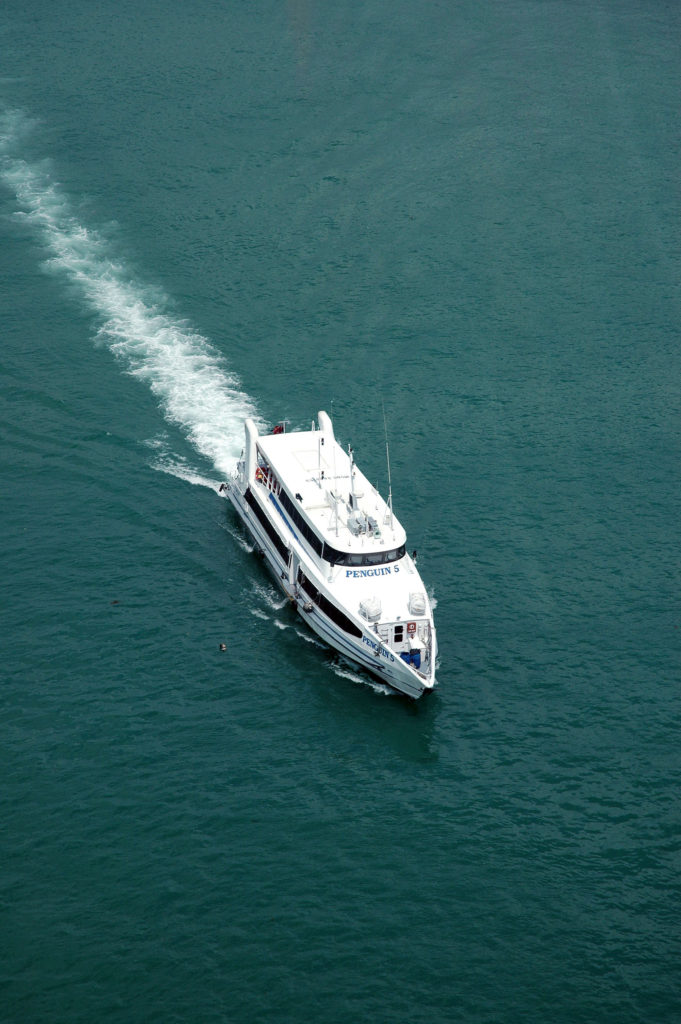
Due to the high seas often being used as a vector to facilitate crime, the exercise of jurisdiction is relevant to the enhancement of maritime security. International law enunciated the principle of exclusive flag State jurisdiction to cater for such surveillance. However, given the nature of the crimes carried out on the high seas, the suppression of these maritime security threats is not sufficiently controlled by leaving all enforcement action to the flag State alone. Accordingly, international law allows non-flag State government vessels the right of visit and the possibility to carry out Maritime Interdiction Operations (MIOs). The right of visit allows a non-flag State to board, search and investigate the documents of the vessel if there is suspicion of the vessel being engaged in an illegal activity, while MIOs include the right of visit and seizure. To exercise the right of seizure, the non-flag State must be entitled to exercise jurisdiction and must also obtain flag State consent. The latter requirement lends itself to be an arduous task, exacerbated by the fact that 1982 the United Nations Convention on the Law of the Sea does not provide adequate rules on how flag State consent may be obtained. Given the common interest of States to suppress maritime security threats, States have concluded treaties to facilitate non-flag States to obtain consent and exercise the jurisdiction necessary over a foreign vessel on the high seas.
Ms Michaela Giglio, in her dissertation, ‘Enforcement Jurisdiction on the High Seas’, examines the legal mechanisms used to enable non-flag States to obtain authorisation to exercise jurisdiction in the interest of combatting international maritime security threats.
